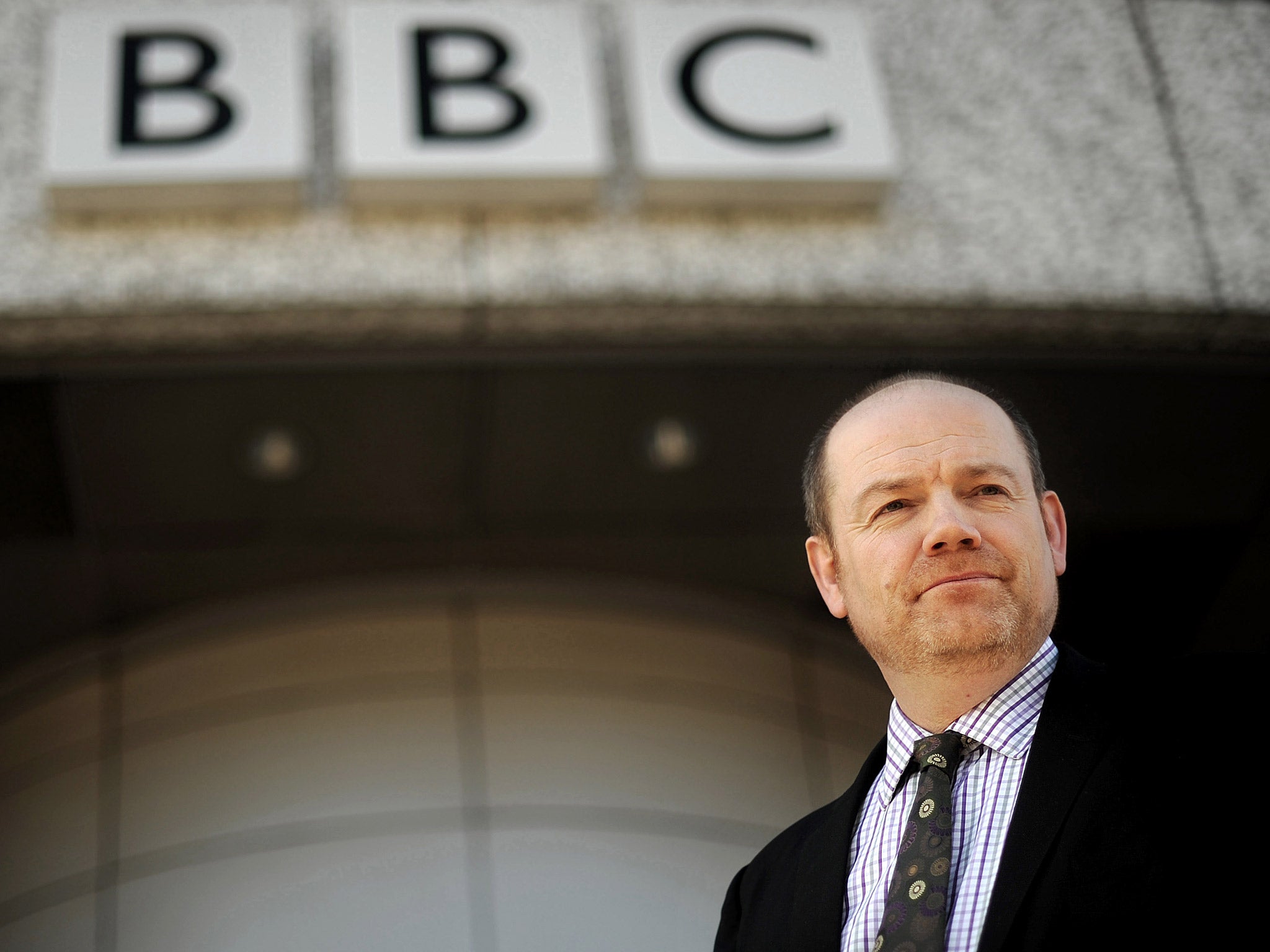Suspended BBC tech chief who oversaw wasted £100m digital media project will sue his former employer
National Audit Office says BBC Executive failed to assess system to see whether it was 'technically sound'
.jpg)
The BBC technology chief who oversaw a disastrous project that wasted £100m of licence fee money is suing the BBC after it ended his employment.
John Linwood was suspended as the BBC’s £287,000-a-year Chief Technology Officer in May when the failed Digital Media Initiative (DMI) was closed down. His contract was ended in July 2013 and he was not given a pay-off.
The National Audit Office reported today on how BBC bosses failed to react as the fiasco developed: “The BBC executive did not have a sufficient grip of the programme and did not appear to appreciate the extent of the problems until a late stage.”
The £100m of wasted public money is the equivalent to the price paid by rival broadcaster Richard Desmond for the whole of Channel 5 in 2010. In total, the BBC spent £125.9m on the digital archive project, although it claimed to have recouped £27.5m.
The spending watchdog reported that the total costs for the project were divided between contractors (paid £46.7m), information technology (£37.2m), partners Siemens/Atos (£24.9m), consultants (£8.4m), BBC staff (£6.4m) and other costs (£2.3m). At its peak in 2011, 184 contractors and BBC staff were working for DMI, which was never completed.

In written evidence submitted to the Public Accounts Committee, the House of Commons spending watchdog, Mr Linwood has revealed he is taking legal action against the BBC over the way he was treated.
“I have issued legal proceedings against the BBC and intimated contractual claims, and am still involved in an internal process with the BBC,” he states. The PAC begins an inquiry into DMI on Monday.
The BBC originally approved DMI in 2006 and contracted Siemens in February 2008. It expected the project to be complete in 2009. The BBC’s current Director General Tony Hall cancelled DMI in May. “We believe it is better to close it now rather than waste more money,” he told staff in an email.

After damning reports into DMI by accountants PwC and the NAO, the BBC’s director of operations Dominic Coles said today: “The BBC got this one wrong.”
“The NAO said responsibility for ‘overseeing the programme’ lay with the DMI steering group, which was chaired by Mr Linwood.”
The NAO said responsibility for "overseeing the programme" lay with the DMI steering group, which was chaired by Mr Linwood.
But the business case for DMI was variously the responsibility of former director of future media & technology Erik Huggers, former chief operating officer Caroline Thomson (both of whom line-managed Mr Linwood at various stages) and former chief finance officer Zarin Patel.
The Director General at the time of the fioasco was Mark Thompson. The NAO criticises the governing BBC Trust, saying it “applied limited challenge” on the costly project until 2012.
May 2013:
December 2013:
In his statement to the PAC dated 23 January, Mr Linwood, who was chief technology officer of the BBC between April 2009 and July 2013, also accuses the BBC of giving misleading evidence to an earlier PAC hearing last year in relation to an independent review of the DMI project by Accenture. “The BBC stated… that Accenture found in its review that ‘the kit doesn’t work’ and is ‘worth nothing’. Accenture did not find that ‘the kit did not work’ nor did they find that it was ‘worth nothing’,” he states.
Linwood said he had argued with Lord Hall over the scale of the write-down of the DMI project, arguing it was too much at £40m because some of the technology could still be used. He alleged that the Director General said he wanted to “maximise the write-down”.
In other written evidence to the PAC, a BBC senior staff member and whistle-blower describes how he warned BBC Trust chairman Chris Patten that the DMI project was in trouble in 2012. In his statement, Bill Garrett, former head of technology BBC Vision Productions, said he questioned the veracity of DMI cost figures and told colleagues the situation reminded him of the collapsed energy giant Enron, on which he had made a film for the BBC.
Join our commenting forum
Join thought-provoking conversations, follow other Independent readers and see their replies
Comments
Bookmark popover
Removed from bookmarks